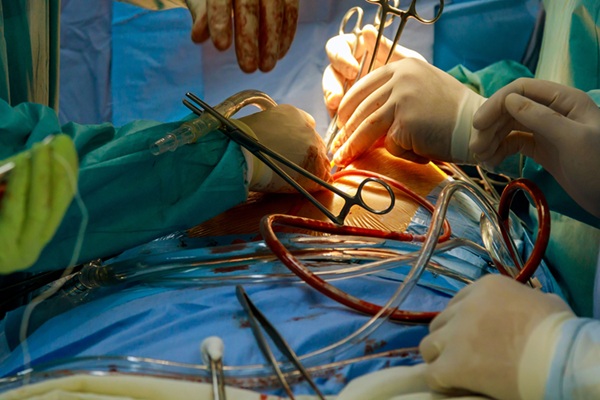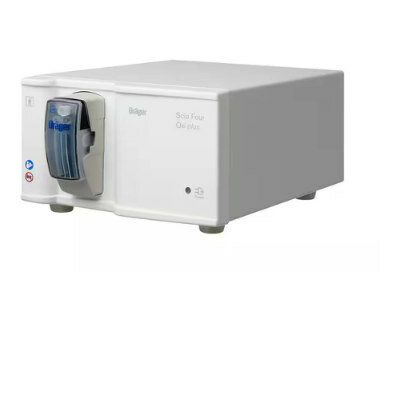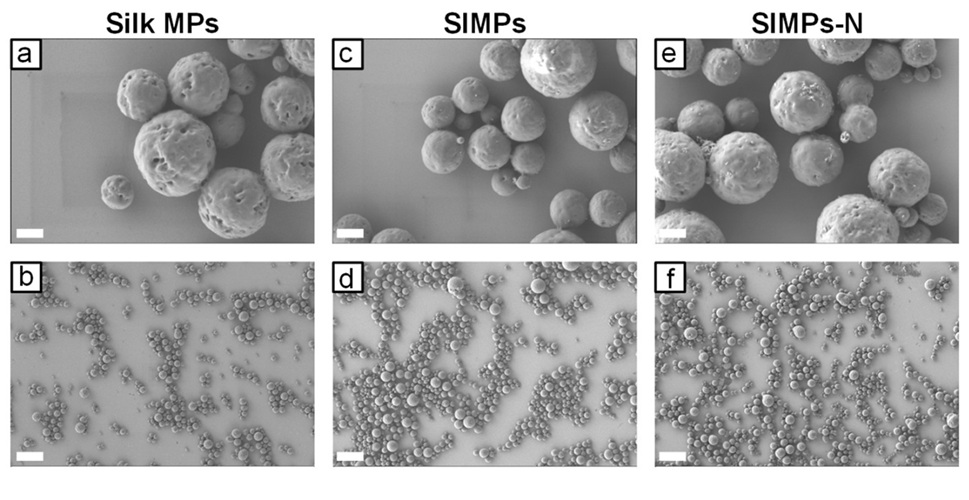First Biologic Treatment for Psoriasis
|
By HospiMedica staff writers Posted on 11 Feb 2003 |
A new medicine to treat psoriasis that is the first in its class is designed to target the underlying cause, which is an immune dysfunction that drives skin cells to multiply uncontrollably. The new drug has been cleared by the US Food and Drug Administration (FDA).
In patients with psoriasis, skin cells grow ten times faster than the normal rate. The excess cells pile up on the skin's surface, forming red, raised, scaly plaques that can be painful and disfiguring. The new drug is injected once a week for 12 weeks. Since the drug induces dose-dependent reductions in CD4+ and CD8+ T-lymphocyte counts, patients should have their CD4+ T-lymphocyte counts monitored weekly during the dosing period. The drug is an immunosuppressive agent and therefore has the potential to increase the risk of infection and malignancies. Existing drugs for psoriasis have side effects that can result in liver or kidney disease.
Called alefacept (Amevive), the drug was developed by Biogen (Cambridge, MA, USA). Treatment will not be inexpensive. The cost to patients or insurers for a 12-week course is expected to be around US$8,400 to $11,900.
"Amevive is from a new class of drugs and probably represents one of the biggest advances for psoriasis in 20 years,” noted Gail M.Zimmerman, president of the US National Psoriasis Foundation. "This is exciting news for people with psoriasis.”
Related Links:
Biogen
In patients with psoriasis, skin cells grow ten times faster than the normal rate. The excess cells pile up on the skin's surface, forming red, raised, scaly plaques that can be painful and disfiguring. The new drug is injected once a week for 12 weeks. Since the drug induces dose-dependent reductions in CD4+ and CD8+ T-lymphocyte counts, patients should have their CD4+ T-lymphocyte counts monitored weekly during the dosing period. The drug is an immunosuppressive agent and therefore has the potential to increase the risk of infection and malignancies. Existing drugs for psoriasis have side effects that can result in liver or kidney disease.
Called alefacept (Amevive), the drug was developed by Biogen (Cambridge, MA, USA). Treatment will not be inexpensive. The cost to patients or insurers for a 12-week course is expected to be around US$8,400 to $11,900.
"Amevive is from a new class of drugs and probably represents one of the biggest advances for psoriasis in 20 years,” noted Gail M.Zimmerman, president of the US National Psoriasis Foundation. "This is exciting news for people with psoriasis.”
Related Links:
Biogen
Latest Patient Care News
- Portable Biosensor Platform to Reduce Hospital-Acquired Infections
- First-Of-Its-Kind Portable Germicidal Light Technology Disinfects High-Touch Clinical Surfaces in Seconds
- Surgical Capacity Optimization Solution Helps Hospitals Boost OR Utilization

- Game-Changing Innovation in Surgical Instrument Sterilization Significantly Improves OR Throughput
- Next Gen ICU Bed to Help Address Complex Critical Care Needs
- Groundbreaking AI-Powered UV-C Disinfection Technology Redefines Infection Control Landscape
- Clean Hospitals Can Reduce Antibiotic Resistance, Save Lives
- Smart Hospital Beds Improve Accuracy of Medical Diagnosis
- New Fast Endoscope Drying System Improves Productivity and Traceability
- World’s First Automated Endoscope Cleaner Fights Antimicrobial Resistance
- Portable High-Capacity Digital Stretcher Scales Provide Precision Weighing for Patients in ER
- Portable Clinical Scale with Remote Indicator Allows for Flexible Patient Weighing Use
- Innovative and Highly Customizable Medical Carts Offer Unlimited Configuration Possibilities
- Biomolecular Wound Healing Film Adheres to Sensitive Tissue and Releases Active Ingredients
- Wearable Health Tech Could Measure Gases Released From Skin to Monitor Metabolic Diseases
- Wearable Cardioverter Defibrillator System Protects Patients at Risk of Sudden Cardiac Arrest
Channels
Critical Care
view channel
AI Interpretability Tool for Photographed ECG Images Offers Pixel-Level Precision
The electrocardiogram (ECG) is a crucial diagnostic tool in modern medicine, used to detect heart conditions such as arrhythmias and structural abnormalities. Every year, millions of ECGs are performed... Read more
AI-ECG Tools Can Identify Heart Muscle Weakness in Women Before Pregnancy
Each year, some mothers die from heart-related issues after childbirth, with many of these deaths being preventable. Screening for heart weakness before pregnancy could be crucial in identifying women... Read moreSurgical Techniques
view channel
New Procedure Found Safe and Effective for Patients Undergoing Transcatheter Mitral Valve Replacement
In the United States, approximately four million people suffer from mitral valve regurgitation, the most common type of heart valve disease. As an alternative to open-heart surgery, transcatheter mitral... Read more
No-Touch Vein Harvesting Reduces Graft Failure Risk for Heart Bypass Patients
A coronary artery bypass graft (CABG) is a surgical procedure used to enhance blood flow and oxygen supply to the heart in individuals with coronary heart disease. During the procedure, a healthy blood... Read more
DNA Origami Improves Imaging of Dense Pancreatic Tissue for Cancer Detection and Treatment
One of the challenges of fighting pancreatic cancer is finding ways to penetrate the organ’s dense tissue to define the margins between malignant and normal tissue. Now, a new study uses DNA origami structures... Read moreHealth IT
view channel
Printable Molecule-Selective Nanoparticles Enable Mass Production of Wearable Biosensors
The future of medicine is likely to focus on the personalization of healthcare—understanding exactly what an individual requires and delivering the appropriate combination of nutrients, metabolites, and... Read more
Smartwatches Could Detect Congestive Heart Failure
Diagnosing congestive heart failure (CHF) typically requires expensive and time-consuming imaging techniques like echocardiography, also known as cardiac ultrasound. Previously, detecting CHF by analyzing... Read moreBusiness
view channel
Expanded Collaboration to Transform OR Technology Through AI and Automation
The expansion of an existing collaboration between three leading companies aims to develop artificial intelligence (AI)-driven solutions for smart operating rooms with sophisticated monitoring and automation.... Read more


















